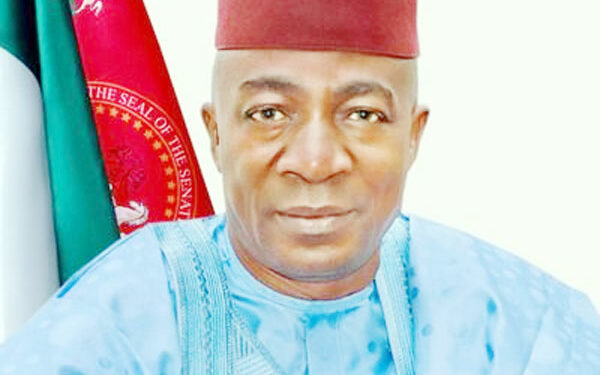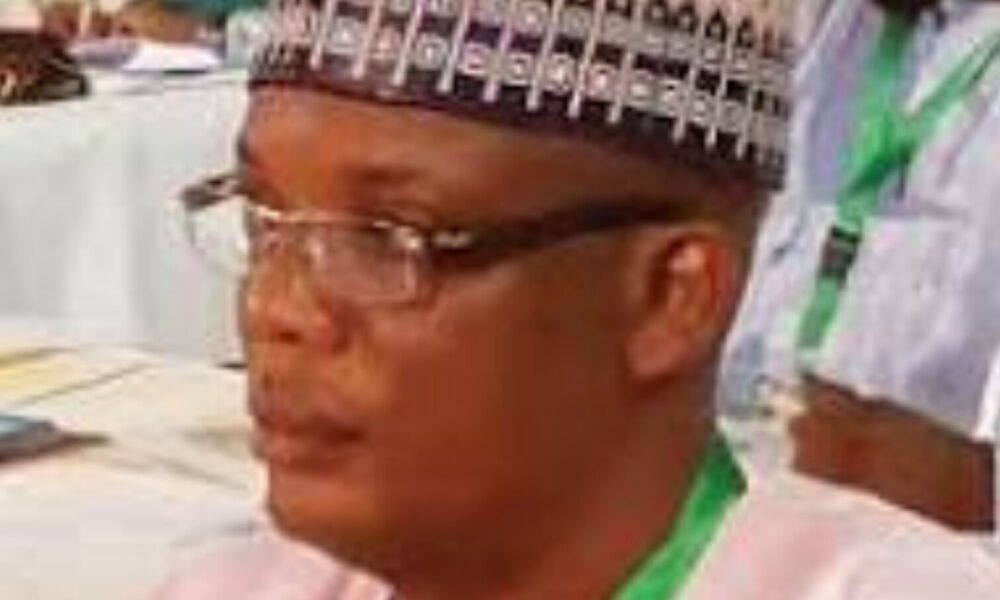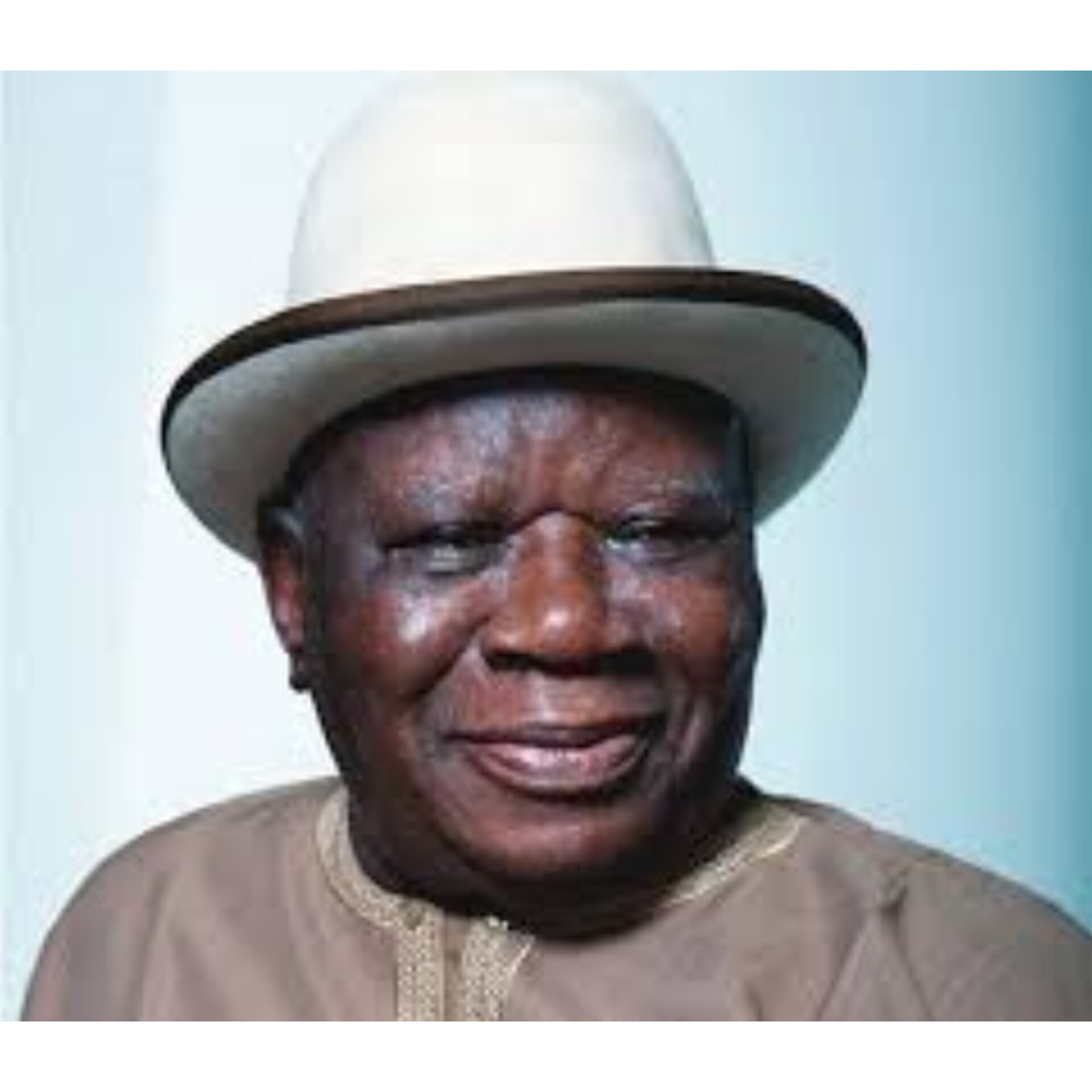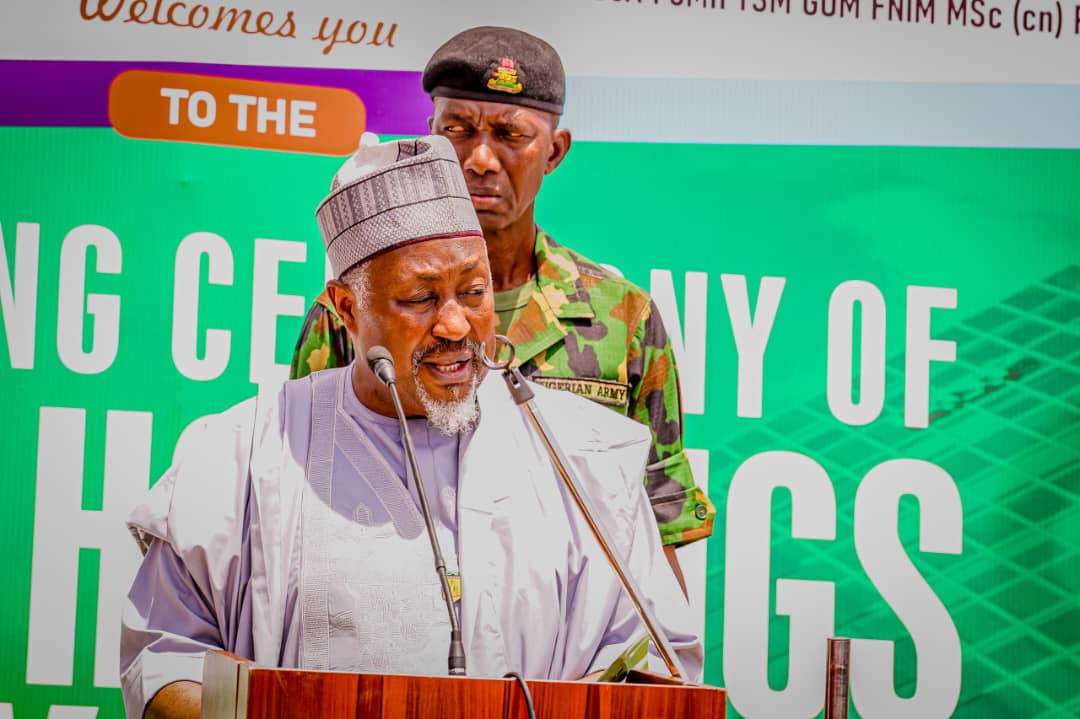***extends 2023 Supplementary budget to Dec 31
Chairman of the Senate Committee on Media and Public Affairs, Senator Yemi Adaramodu has defended the extension of the lifespan of the 2023 Appropriation Act and the 2023 Supplementary Appropriation Act, to 31st December, 2024.
The resolution came after the request of President Bola Ahmed Tinubu through an Executive Bill.
It was gathered that the lifespan of the 2023 Appropriation Act and the 2023 Supplementary Appropriation Act were expected to terminate on Sunday 30th June 2024.
Addressing journalists after the Bill was passed clause by clause consideration by Senate Committee on Supply, Senator Adaramodu said the motive of the Senate was to stop the menace of abandoned projects.
He said:”We want to stop the spate of abandoned projects. We want to ensure that what was captured in 2023 Budget were executed to the letter. It was because of that the Senate decided to tinker with the Appropriation Law so that money spent on projects not completed would not go down the drain . We want to make sure that all the provisions in the budget were adhered to. That’s why the exercise of today (Thursday) became pertinent. That’s what we did today . ”
The Senate spokesman also dismissed speculation over move by the Parliament to approve the procurement of two presidential aircrafts under the guise of 2024 Supplementary Budget.
Senator Adaramodu disclosed that there was no 2024 Supplementary Budget before the Senate.
“We are awaiting the supplementary budget. There was nothing on aircraft before us. President Tinubu mentioned supplementary budget to us when we had a joint session of the National Assembly. We don’t even know the content of that supplementary budget yet. The issue of aircraft has never come to us. If it comes to us, we will debate it in its own merit. The 10th Senate is about the interest of Nigerians.”
Earlier the Senate had extended the life cycle of the 2.18tn and the 2.17tn 2023 supplementary budget from June 30 to December 31, 2024.
The Red Chamber on Thursday suspended all its rules and gave an expeditious passge to the budget in less than 20 minutes.
Earlier before the passage the lawmakers had been in a closed-door session for two hours.
In December 2023, both Chambers of the National Assembly extended the implementation period for the capital component of the budget from December 31, 2023, to March 31, 2024, along with the N2.17 trillion 2023 supplementary budget passed in November 2023.
Earlier in March, following requests made by President Bola Tinubu, both the Senate and the House of Representatives extended the implementation period for the budgetary appropriations from March 31, 2024, to June 30, 2024.
With just four days remaining until the June 30, 2024, deadline for the affected 2023 budgetary appropriations, the two chambers cut short their recess to hold separate sessions for Thursday (today) to consider further extensions ahead of their previously set resumption date of July 2, 2024.




